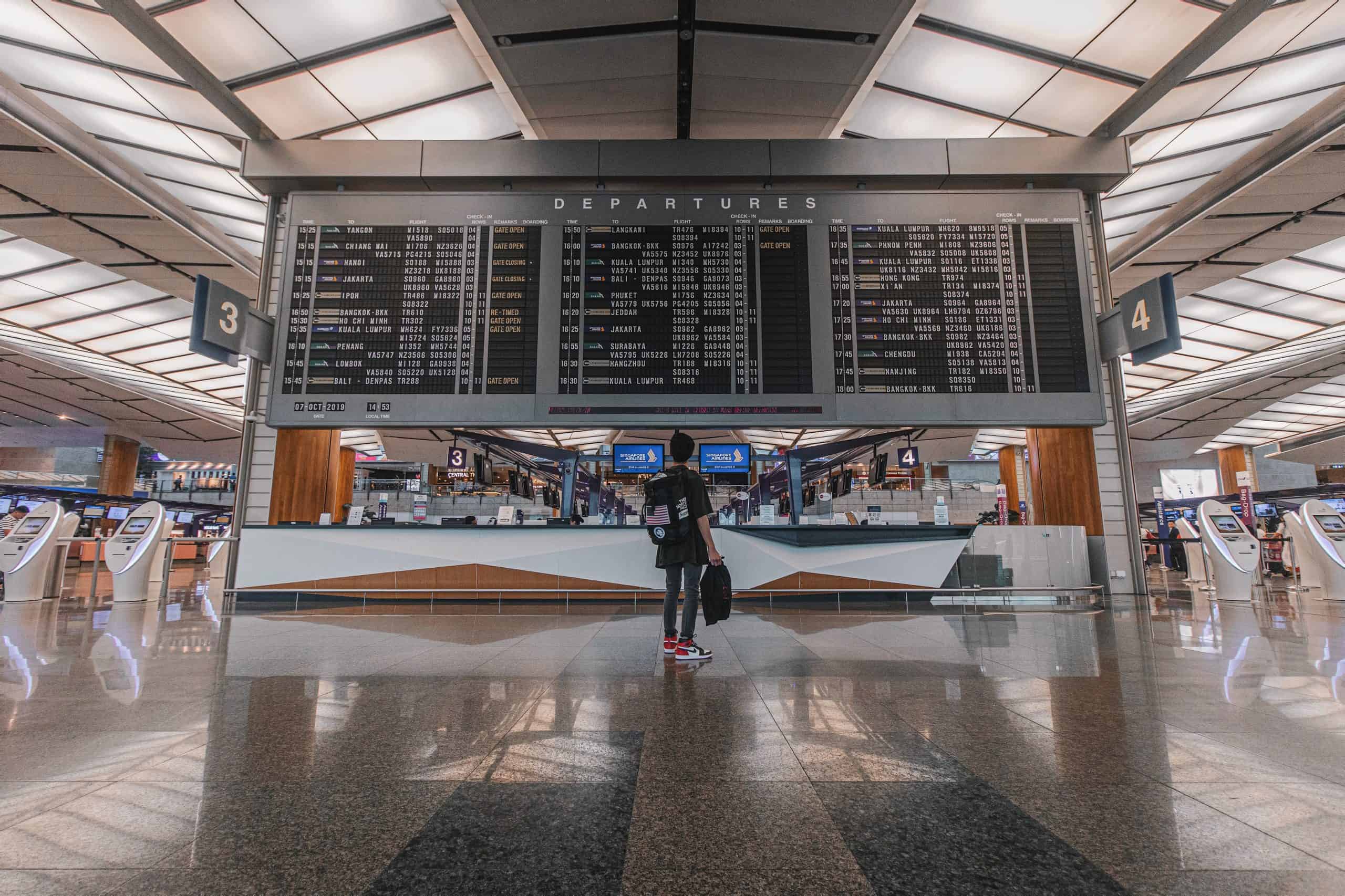Scroll through today’s headlines and alarmist messages jump out: Coronavirus! Riots! Climate crisis!
It’s enough to keep anyone locked up inside the safety of their homes. Yet the inclination to stay home can have real and devastating effects on destinations relying on tourism.
Globally, the travel and tourism industry made up 10% of total employment (319 million jobs) in 2018, according to the World Travel & Tourism Council. Some destinations — especially developing nations and small-island nations — rely more heavily on tourism than others. Absent other industries or money-generating opportunities, these destinations are hit harder when the tourism industry takes a nosedive.
Consider these past examples:
- After several devastating hurricanes in the Caribbean in 2017, experts estimated that many island nations would suffer severe economic losses. Dr. Justin Ram, director of the Economics Department of the Caribbean Development Bank, estimated the region would lose US$48.2 million of projected 2017 revenue from the tourism industry and another US$213 million over the long term. Messaging out of the Caribbean after these natural disasters repeated the refrain that the islands were open and eager to welcome travelers, yet it took time for the industry to begin bouncing back.
- The SARS outbreak in 2003 had a brief but profound impact on Malaysia, where tourism revenue dropped 17.4% compared to the previous year.
- Despite some “patirotic tourism” in 2002, the September 11, 2001, terrorism attacks in New York City had a huge impact on the city’s tourism numbers. It took five years for international tourism to return to pre-9/11 levels.
All of the concerning situations happening in the world today are concerning for a reason. It would be irresponsible for travelers to turn a blind eye and simply ignore reality. Travelers absolutely need to be responsible for the decisions they make, yet they also need to be aware of how those decisions impact others.
Instead of falling into echo chambers fed by 24-hour news cycles, I urge would-be travelers to think hard about how they can travel safely in an uncertain world.
Instead of falling into echo chambers fed by 24-hour news cycles, I urge would-be travelers to think hard about how they can travel safely in an uncertain world. This might mean avoiding crowded hot spots and engaging in conversation with locals in a cafe instead. Maybe it means taking the train instead of a plane to reach your destination. If you absolutely must cancel, can you make a donation to a local business or organization in the destination you planned to visit to offer economic support?
In my opinion, the worst thing we can do right now is hide behind closed doors. Now more than ever, those who have the privilege to travel need to use that privilege to support those who will suffer if we don’t.



